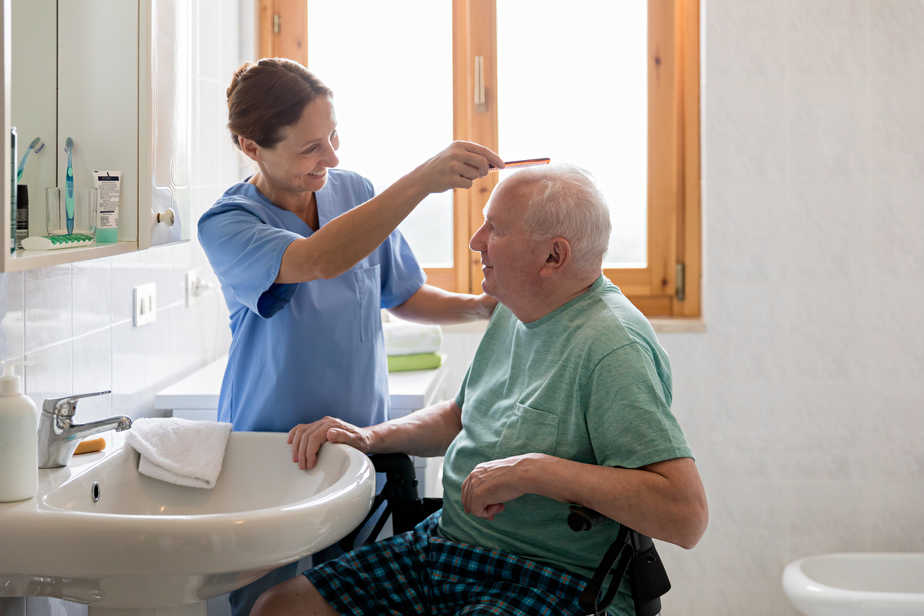In an era marked by unprecedented advancements in medical science and technology, the vision of universal healthcare access remains a compelling yet elusive goal. Breaking down barriers to ensure every individual enjoys the right to quality healthcare is not only a moral imperative but also a crucial step towards fostering a healthier and more equitable society. At the heart of the push for universal healthcare is the belief that access to essential medical services should not be determined by one’s socio-economic status. In many parts of the world, the lack of universal healthcare perpetuates a cycle of inequality, where the privileged receive prompt and comprehensive medical attention while the marginalized face obstacles in accessing even basic services. One major barrier to universal healthcare access is the financial burden associated with medical care. In countries without comprehensive healthcare systems, individuals often bear exorbitant costs for consultations, medications, and procedures. This financial strain disproportionately affects lower-income populations, leading to delayed or foregone treatment, exacerbating health disparities. A move towards universal healthcare involves not only expanding coverage but also ensuring that financial constraints do not stand between individuals and their right to a healthy life.

Equally important is addressing geographical barriers, particularly in rural and underserved areas. In many regions, healthcare facilities are concentrated in urban centers, leaving rural populations without easy access to medical services. To break down this geographical barrier, there is a need for strategic investments in healthcare infrastructure, telemedicine, and mobile clinics. By making healthcare accessible to those in remote areas, we can bridge the gap and ensure that all communities, regardless of location, have access to essential healthcare services. Another critical aspect of achieving universal healthcare is overcoming disparities in information and education. Many individuals lack awareness of preventive measures, early detection, and available healthcare services and you can check here https://riverrockhealthcenter.com/family-practice/medford/. Public health campaigns and community outreach programs can play a pivotal role in disseminating information, empowering individuals to make informed decisions about their health.
Education also extends to healthcare professionals, encouraging culturally competent and patient-centered care to address the diverse needs of the population. Furthermore, breaking down language and cultural barriers is essential in providing inclusive healthcare services. Multilingual healthcare services and culturally sensitive practices can enhance communication between healthcare providers and patients, fostering trust and ensuring that individuals from various backgrounds receive the care they deserve. In the digital age, leveraging technology is paramount in achieving universal healthcare access. Electronic health records, telemedicine platforms, and health apps can streamline healthcare delivery, making it more efficient and accessible. Investing in technology infrastructure and ensuring digital literacy among the population are crucial steps in harnessing the potential of technology to break down barriers and improve healthcare outcomes.
